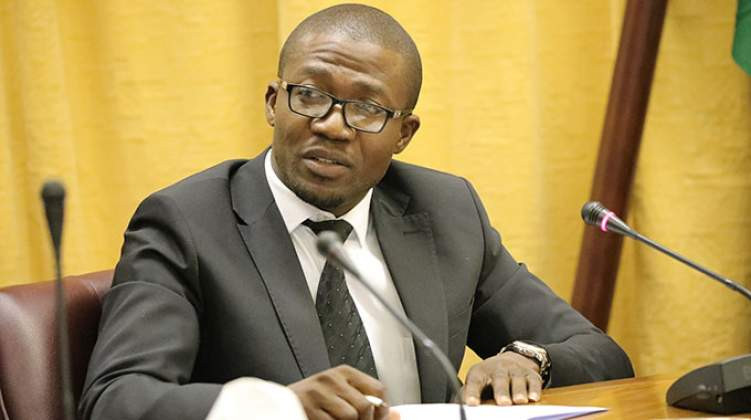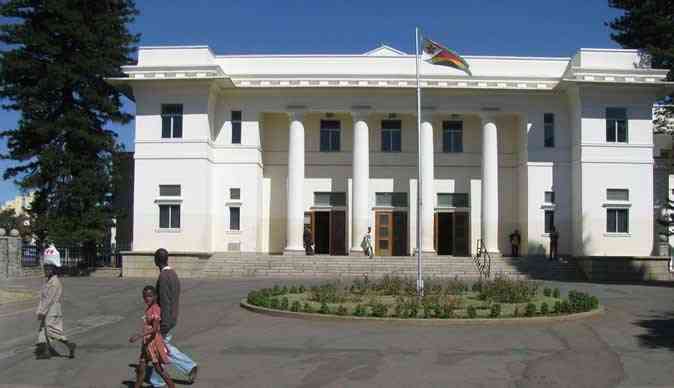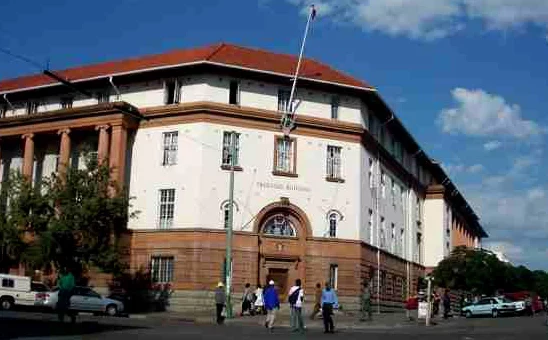
GOVERNMENT has acknowledged that the human-wildlife strategy currently in place to compensate victims of wildlife attacks is inadequate.
Environment, Climate and Wildlife minister Nqobizitha Ndlovu has told Southern Eye that the human-wildlife relief funds which were expected to compensate victims during the hunting season were not enough to assist communities affected by the scourge.
“By the end of the first quarter, we want to see what we are going to get so that those affected will get what is due to them,” Ndlovu said in reference to a 2022 human-wildlife conflict compensation fund, aself-financing model whereby proceeds from hunting and other Crowdfunding activities would be pooled to cushion victims through medical assistance and where death occurs, funeral assistance.
Conservationists and wildlife activists are, however, not convinced that it will go far enough in addressing the plight of victims of human-wildlife conflict.
Cases of human wildlife conflict have been on the increase with research by the Zimbabwe Environmental Lawyers Association indicating that attacks by wild animals rose by a staggering 293% between 2016 and 2021.
The Zimbabwe Parks and Wildlife Management Authority has since indicated that more than 60 people were killed by wild animals between January and May last year.
The figure was equivalent to the total number of people killed in 2020.
In 2021, 72 lives were lost due to human wildlife attacks which have been blamed on unsustainable population growth of animals such as elephants and encroachment of human settlements into wildlife habitat.
- Miss Royalty Zimbabwe seeks collaborations
- Miss Royalty Zimbabwe seeks collaborations
- Developer Kingsley earning his stripes
- Developer Kingsley earning his stripes
Keep Reading
Communities in wildlife corridors also regularly lose their crops and livestock as competition for water and food between wild animals and humans intensifies.
Last year, government announced that it was mobilising finances to bankroll the Human-Wildlife Conflict Relief Fund to start compensating families and communities affected by wild animals.
Cabinet approved the establishment of the fund for victims of human-wildlife conflicts following proposals by the responsible minister in 2022. This followed countrywide consultations with communities affected by human-wildlife conflicts, where villagers implored the government to establish a compensation fund for victims of attacks by wild animals.









